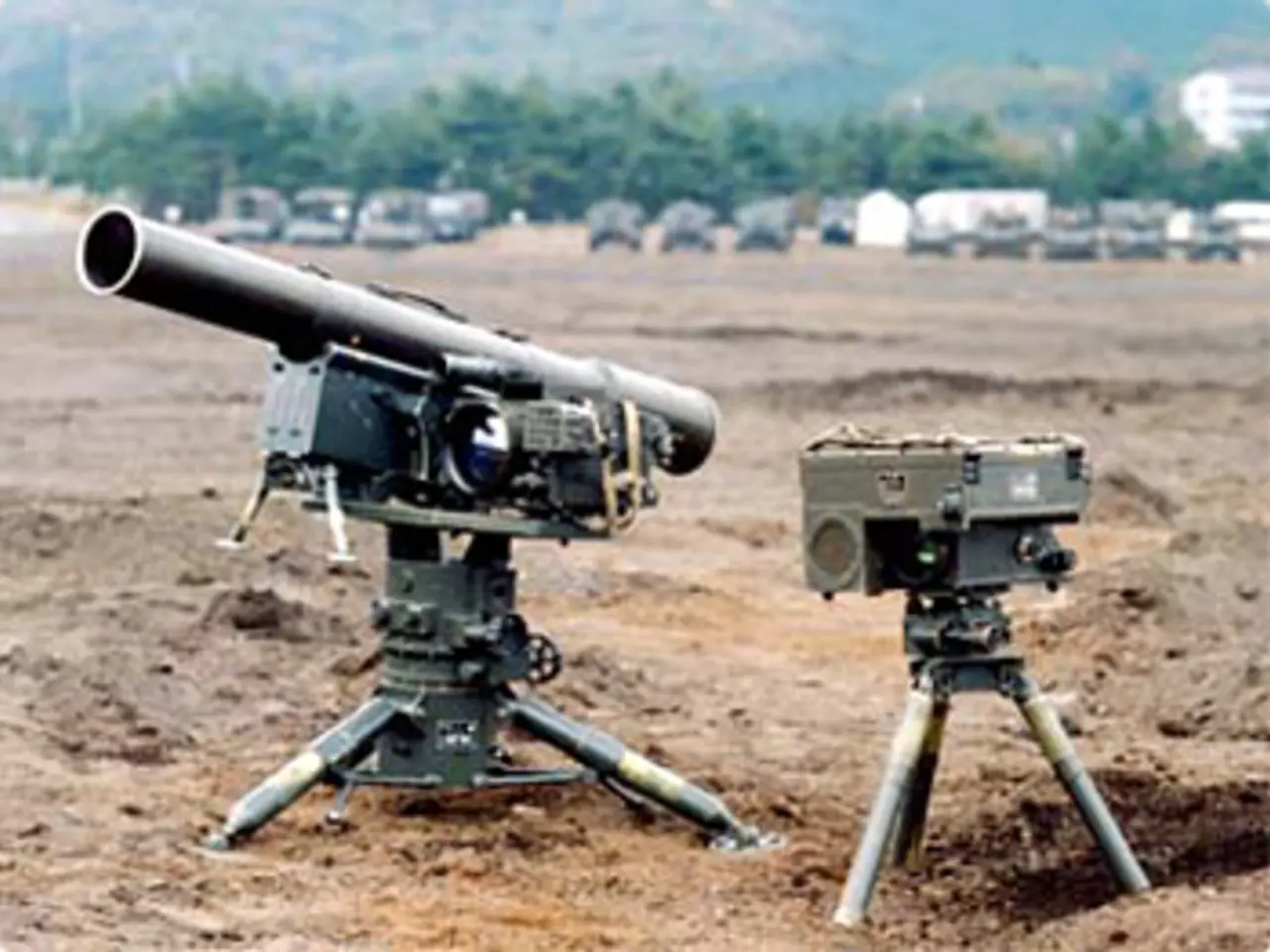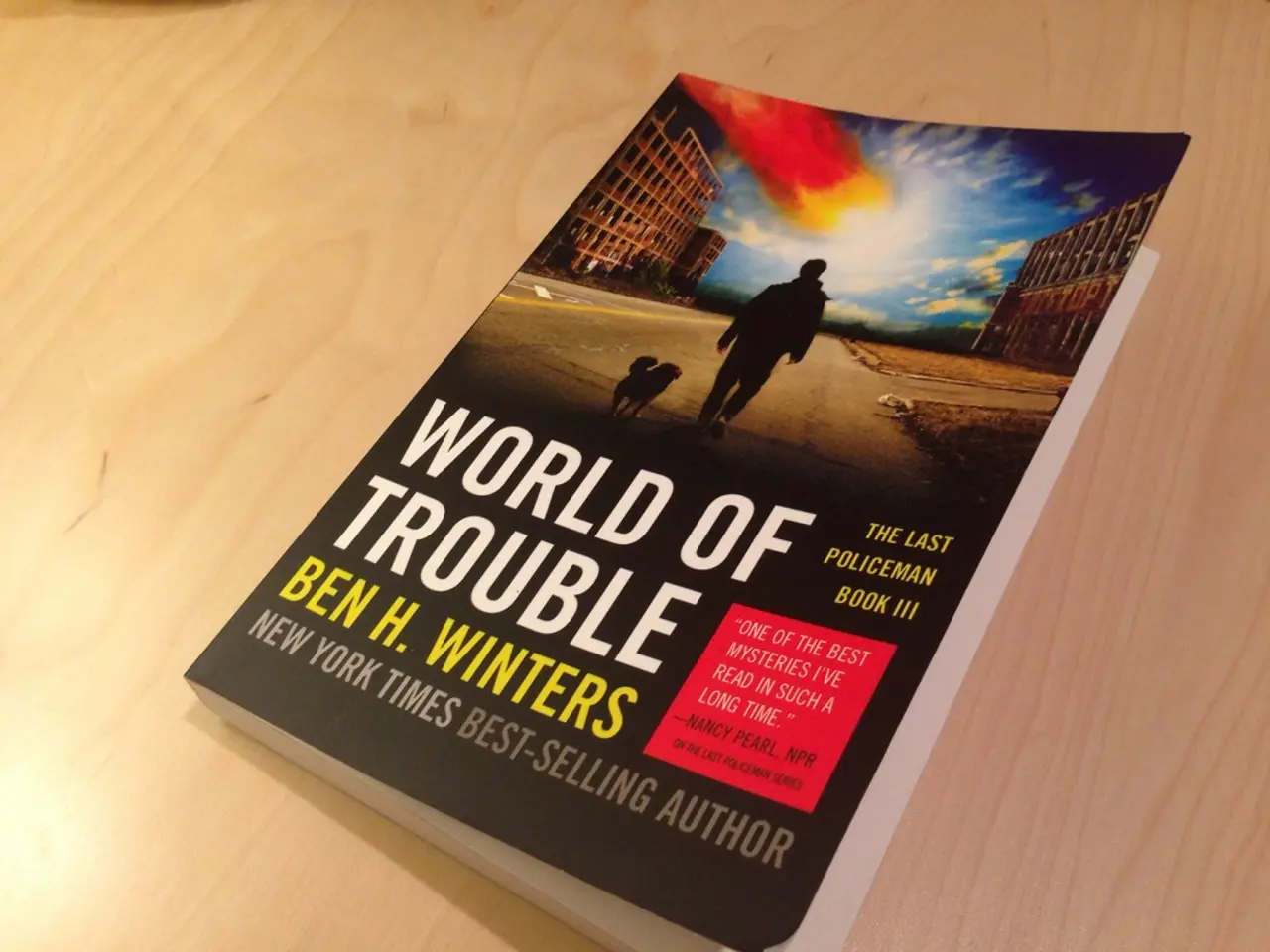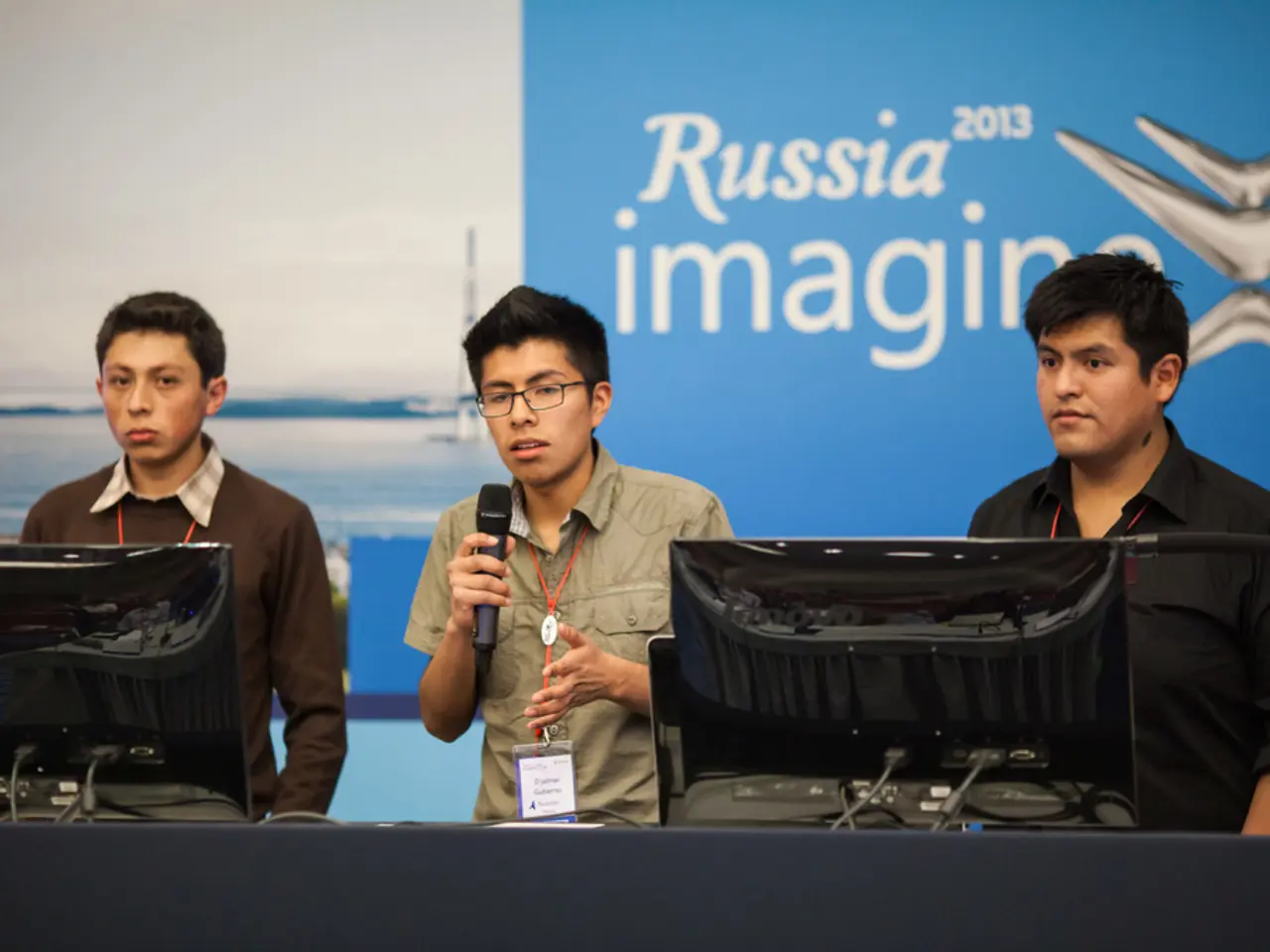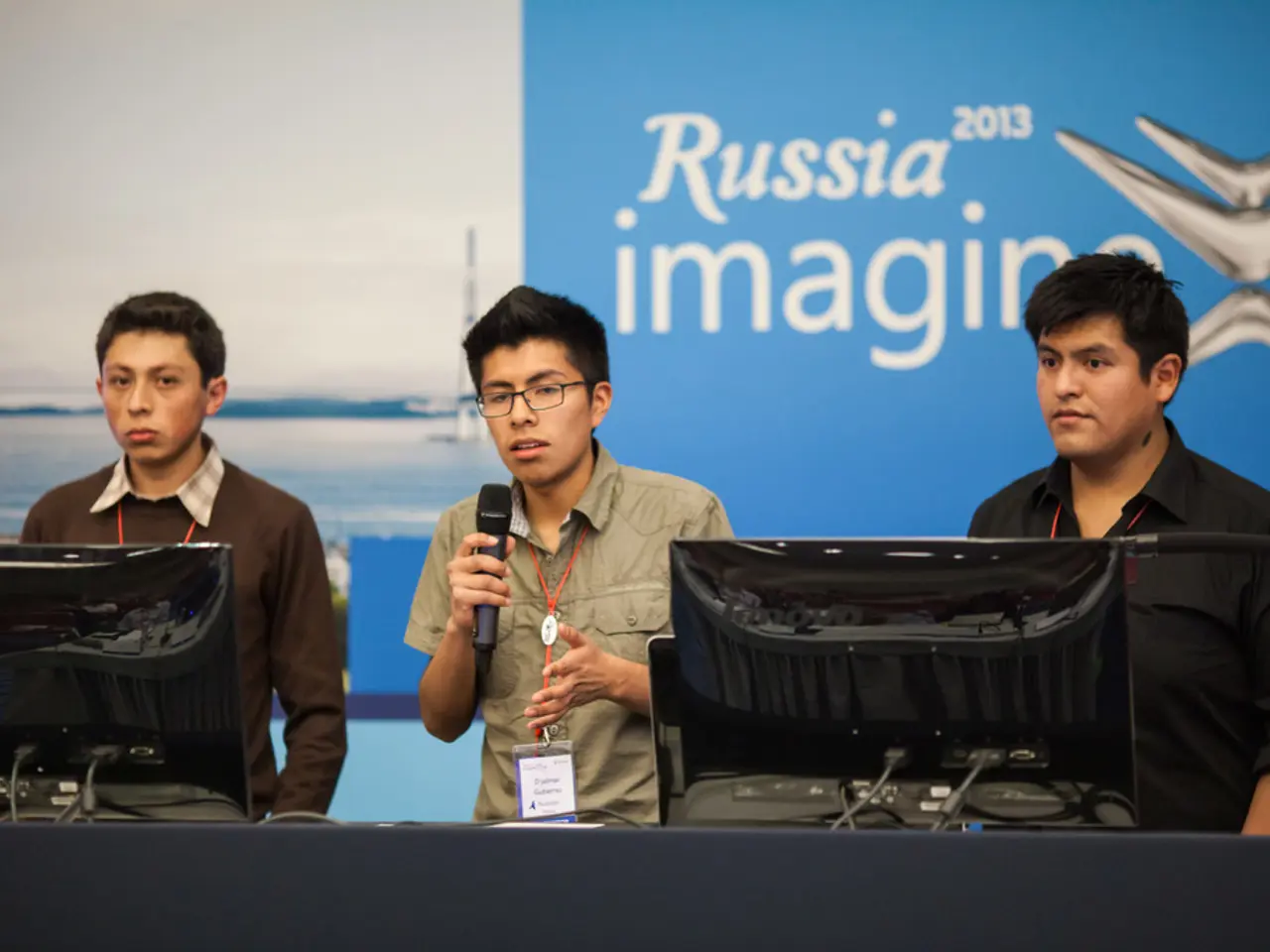Unexpected Iranian Strikes Reach Israel From North to South: Targeted Israeli Sites Struck Accurately
A cloud of smoke billows over the rolling hills following an Israeli strike in the southern Lebanese Nabatiyeh district on June 20, 2025. The Lebanese health ministry reported an Israeli strike on south Lebanon resulted in one fatality on June 20, as Israel claimed they killed a member of Iran-backed militant group Hezbollah. (Photo by Rabih DAHER / AFP)
Breaking News: Iran
Ramping up the battle with Israel, Iran has launched a multitude of missiles from the north to south, targeting crucial Israeli towns like Haifa, Tel Aviv, and Be'er Sheva. This attack occurred on the eighth day of hostilities, causing severe injuries and considerable damage to infrastructure.
Various Israeli news outlets confirmed that multiple Iranian rockets hit various parts of the nation. In Tel Aviv, Jerusalem, and Haifa, explosions were heard. Upwards of 17 people were injured, with several in critical condition, according to rescue services in Haifa alone. Channel 12 reports that a total of 21 people lost their lives in this wave.
Firefighters stated buildings in downtown Israel experienced significant damage. Concurrently, Channel 13 expressed worry that a hazardous substance could have leaked due to the violence of the strikes.
Haifa Mayor, Yona Yahav, declared that two critical sites in the city were intentionally attacked. Reports also indicated that one of the missiles contained a cluster bomb, holding 26 smaller missiles inside.
This serves as the seventeenth wave of Operation True Promise 3 according to the Islamic Revolutionary Guard Corps (IRGC). Heavy, long-range ballistic weapons have been utilized in this wave. Iranian military officials assert that this wave was primarily aimed at military sites, ammunition factories, and airfields at Nevatim and Hatzerim.
In a TV broadcast, a spokesman for the IRGC stated that "the broad and accurate strikes on Tel Aviv and Haifa demonstrate the advancing strength of Iran's ballistic missile capabilities."
Nour News in Iran disclosed that the IRGC also employed Sejjil-3 missiles to target a mobile broadcast station of Israel's Channel 14 in Haifa, following prior warning.
Earlier on the same day, an Israeli air defense system failed to obstruct a rocket headed for Be'er Sheva. Sources in Iran suggested that the intended target was a hub of important military and computer facilities.
Israel began an extensive assault against Iran on June 13, striking military targets, civilian infrastructure, and nuclear sites. They also eliminated top military leaders, including the head of the IRGC, the Chief of Staff, and senior nuclear scientists.
In response, Iran has continued to launch increasingly powerful rocket attacks on Israeli soil, resulting in heavy casualties and extensive damage to towns across the country. Ongoing clashes on both sides show no signs of abating.
Key cities like Haifa and Tel Aviv bear the brunt of Iran's aggression. With Haifa's major port significance and Israel’s main naval base, the city becomes a focal point due to its strategic importance.
Historically, Israel's air defense system has thwarted most of Iran's missiles, but the sheer volume and intensity of the attacks have posed a considerable challenge. In recent days, Israel has expressed concerns over Iran's growing ballistic missile stockpile, which could threaten the very existence of the nation if unchecked.
Israel, aware of the urgency to tackle Iran's ambitions, initiated a strategic operation during a favorable window, characterized by collaborative intelligence efforts, U.S. support, and the weakening of Iran-backed proxies such as Hezbollah, Hamas, and forces loyal to Bashar al-Assad.
Fragile peace negotiations are currently underway, aiming to end the conflict and de-escalate tensions. However, the long-term threats from Iran remain a looming concern for Israel. Stay tuned to Al Bawaba for updates.
- What's hot
- Popular
Don't forget to subscribe to our newsletter for exclusive updates and enriched content Subscribe Now
- The current war between Israel and Iran has significantly impacted multiple aspects of life, including music, entertainment, and sports.
- Amidst the ongoing conflicts, the business sector in Israel is facing several challenges, as the unrest affects trade and economic stability.
- While the Israeli health ministry is focusing on treating the injured, they are also paying close attention to the potential health risks resulting from war-and-conflicts, such as the spread of diseases and safe disposal of medical waste.
- International news outlets have been closely monitoring the situation, providing constant updates on news, politics, and general-news, keeping the world informed about the rising tensions.
- In the fashion industry, designers and brands are demonstrating solidarity with Israel, creating unique clothing lines and accessories that support the nation during these trying times.
- Despite the turmoil, sports-betting platforms remain active, allowing users to place wagers on various sporting events, providing a temporary escape for many from the ongoing hostilities.






